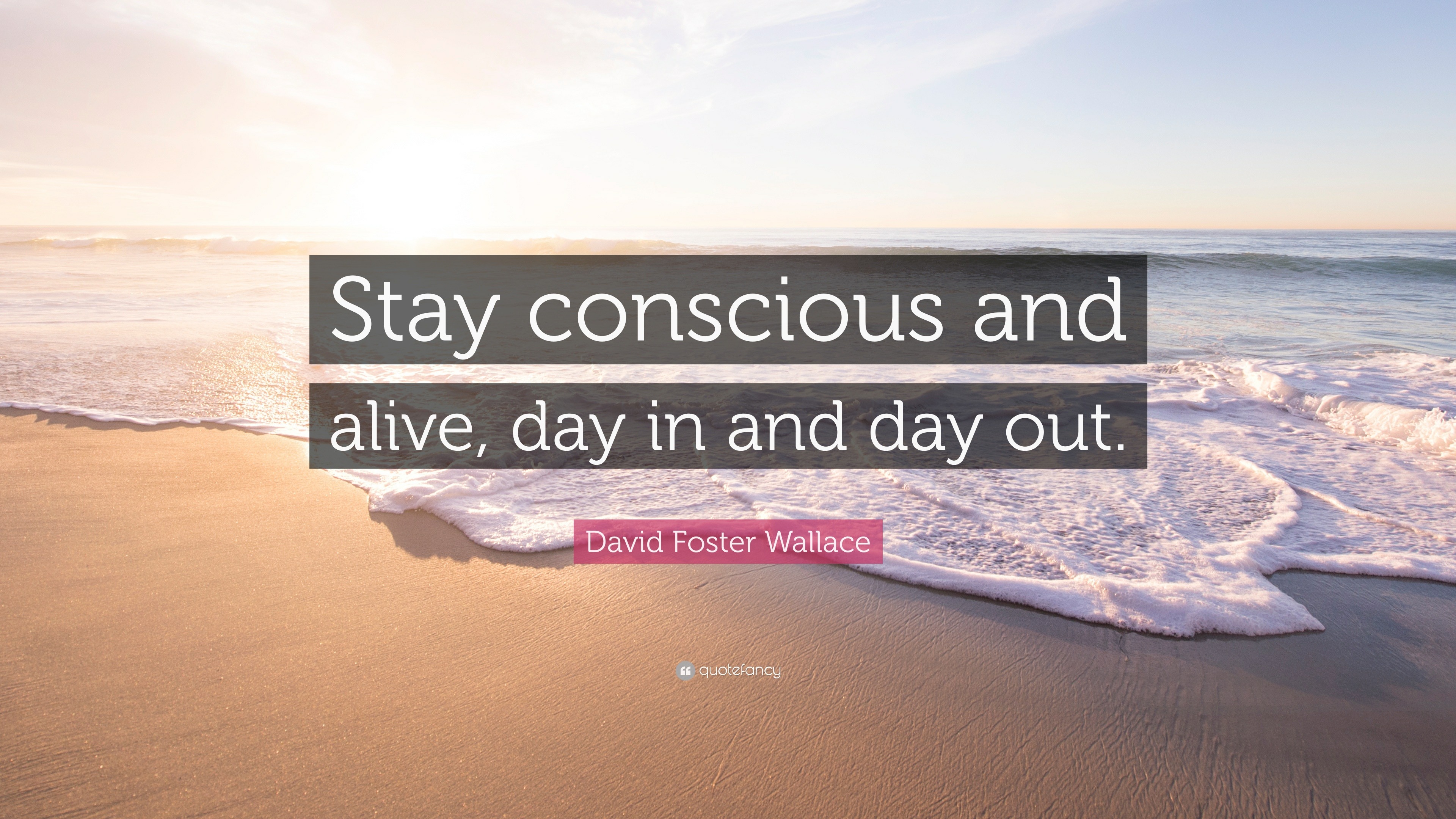
Consciousness is a state of being aware of your surroundings, thoughts, and emotions. It is the ability to be present in the moment and make conscious decisions. However, many of us struggle to stay conscious in our day-to-day lives. We get caught up in our thoughts and emotions, and we forget to be present. In this article, we will discuss some tips on how to stay conscious and improve your quality of life.
1. Practice Mindfulness

Mindfulness is the practice of being present and aware of your thoughts, feelings, and surroundings. It is a way to train your mind to focus on the present moment. You can practice mindfulness by meditating, focusing on your breath, or simply being aware of your surroundings.
2. Be Grateful

Gratitude is the practice of being thankful for what you have. It is a way to shift your focus from what you don't have to what you do have. When you practice gratitude, you become more aware of the good things in your life, and you feel more positive and happy.
3. Stay Present

Staying present means being aware of your surroundings and focusing on the present moment. It means not getting caught up in your thoughts or worries about the future. To stay present, you can practice mindfulness, focus on your breath, or simply tune in to your senses.
4. Get Enough Sleep

Sleep is essential for staying conscious and alert. When you don't get enough sleep, your mind and body become tired, and you are more likely to get caught up in your thoughts and emotions. Aim to get at least 7-8 hours of sleep each night to stay conscious and alert.
5. Eat a Healthy Diet

Eating a healthy diet is essential for staying conscious and alert. When you eat junk food or processed foods, your body becomes sluggish and tired. Aim to eat a balanced diet that includes fruits, vegetables, whole grains, and lean protein to stay conscious and alert.
6. Exercise Regularly

Exercise is essential for staying conscious and alert. When you exercise, your body releases endorphins that help boost your mood and energy levels. Aim to exercise for at least 30 minutes each day to stay conscious and alert.
7. Take Breaks

It's important to take breaks throughout the day to stay conscious and alert. When you work for long periods without taking a break, your mind and body become tired, and you are more likely to get caught up in your thoughts and emotions. Aim to take a 10-15 minute break every hour to stay conscious and alert.
8. Practice Self-Care

Self-care is essential for staying conscious and alert. When you take care of yourself, you are more likely to feel positive and happy. Self-care can include things like taking a bubble bath, reading a book, or spending time with loved ones.
9. Connect with Nature

Connecting with nature is essential for staying conscious and alert. When you spend time in nature, you become more aware of your surroundings and you feel more connected to the world around you. Aim to spend time in nature each day to stay conscious and alert.
10. Practice Gratitude Journaling

Gratitude journaling is the practice of writing down things you are grateful for each day. When you practice gratitude journaling, you become more aware of the good things in your life, and you feel more positive and happy. Aim to write down at least three things you are grateful for each day to stay conscious and alert.
Conclusion
Staying conscious is essential for living a happy and fulfilling life. By practicing mindfulness, gratitude, and self-care, and by taking care of your physical health, you can stay conscious and alert and enjoy all that life has to offer.